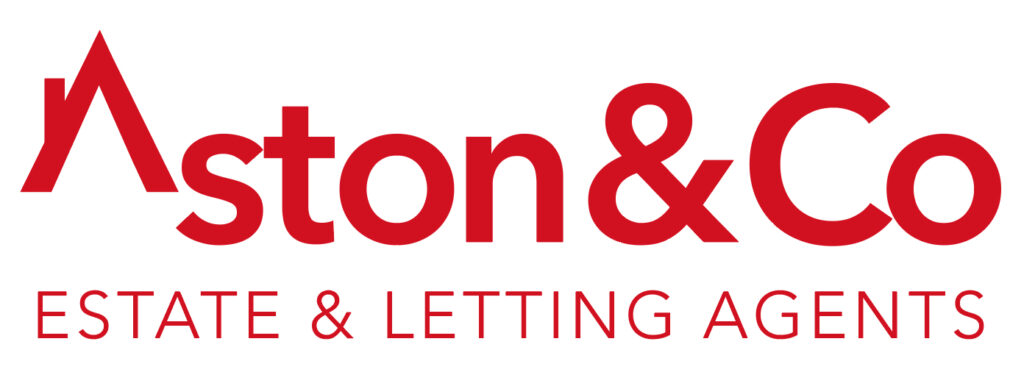Selling your home is a big decision, so it’s important to consider all the options available. We bust common myths surrounding the Modern Method of Auction and explain why it may be a suitable option for you.
Selling via Private Treaty is the go-to for most sellers and many would never consider auction as an option, as it can often be associated with run down properties, or underselling. But with the introduction of Modern Method of Auction (MMoA), many assumptions around selling at auction can now be safely considered myths.
MMoA offers movers some great benefits, namely speed and security. It also offers more flexibility than Traditional Auction and attracts a wider pool of buyers due to the extended 56-day timeframe. Here are some of the most common misconceptions about selling at aution:
MYTH: “Auction is risky, and I won’t get the amount I want”
FACT: With auction, the seller sets a Reserve Price. This is the minimum amount you will receive for your property. In 2019, 83% of properties that sold at auction, sold for or above the set Reserve Price*. With MMoA there is also less chance of a sale falling through, with a 95% success rate**.
MYTH: “Auction is only for run down properties”
FACT: All types of houses sell at auction. It’s more about the seller’s personal circumstances, not the property itself. If you need to sell quickly due to relocation or perhaps want to sell a property you have inherited to avoid expensive running costs, then MMoA can offer security and completion within 56 days.
MYTH: “It’s only for cash buyers and I don’t want to sell to an investor”
FACT: MMoA allows time for mortgages to be arranged due to a fixed 56-day timescale, opening auction up to residential buyers as well as investors. 35% of the properties sold at auction in 2019 were purchased with a mortgage.
Auction will not suit everyone’s circumstances, but if you are looking for a fast, secure and transparent way to sell your property, it is certainly worth considering. Here are some useful tips to help you when selling via MMoA:
1. Gather documentation
Have important documentation such as ID, proof of address, power of attorney or probate ready, as it is likely you will need to provide these.
2. Read Terms & Conditions carefully
This is especially important regarding any fees or penalties. You may wish to seek independent legal advice before signing.
3. Have an attractive pricing strategy
This is to help drive interest and viewings for your property. The more interest, the higher the chance of competitive bidding, which can help to drive up the final selling price. Don’t forget, you always have the safety net of an undisclosed Reserve Price!
4. Choose a specialist conveyancer
Due to the speedy timescales of auction, it is important to choose a solicitor experienced in auction so they can progress quickly once a sale is agreed.
5. Keep an eye on progress
Some auctioneers provide an online platform so you can watch the progress of your sale from the comfort of your own home, or if your property is being auctioned in a live event, you can attend. Legally, you should be made aware of all bids made.
6. Prepare your move
Once a sale is agreed, you will have 56 days to complete the transcation. With an agreed completion date in mind you can easily arrange removals, inform energy suppliers and so on.
*iamsold internal sales data – 52 w/e 31st Dec 2019
** iamsold internal data 52 w/e 31st Dec 2019 of <5% fall through vs. Private Treaty Fall through rate of 30%. Source: Quickmove Report 2019





